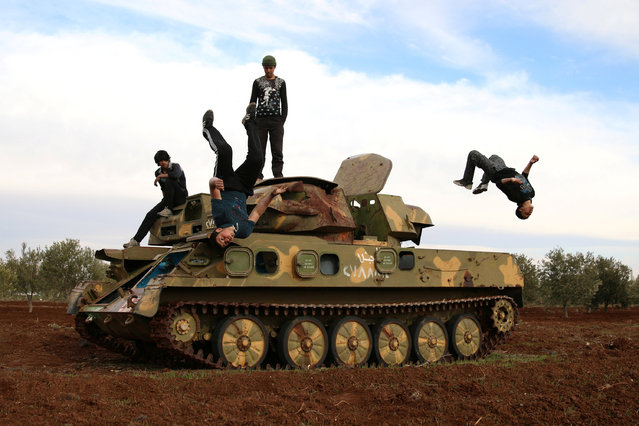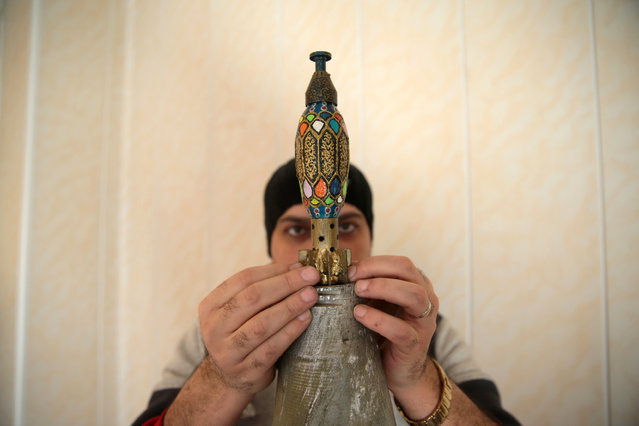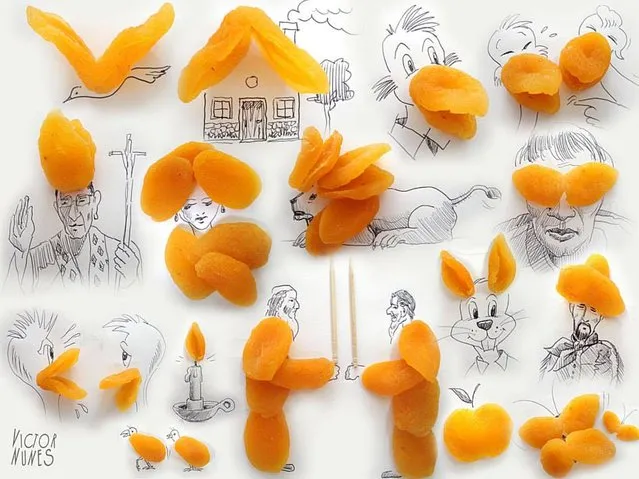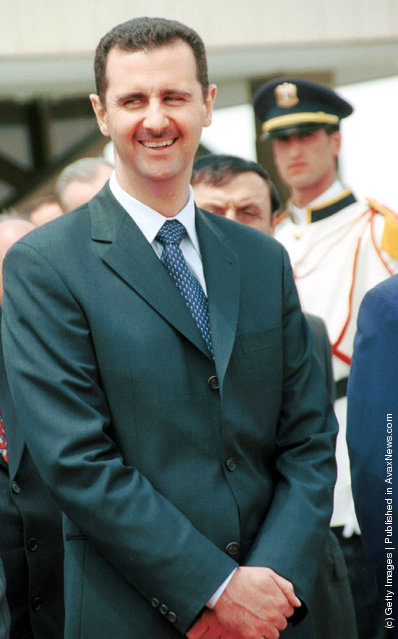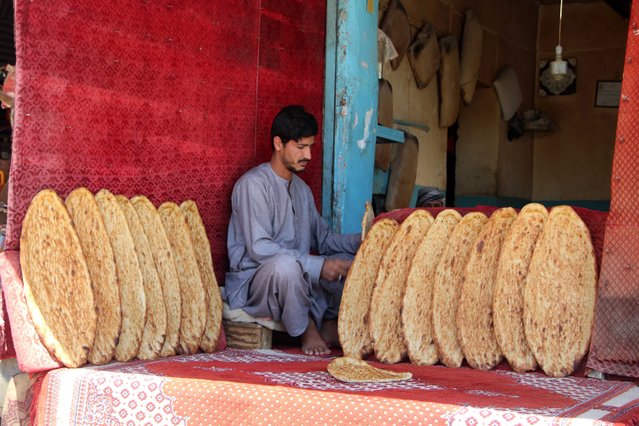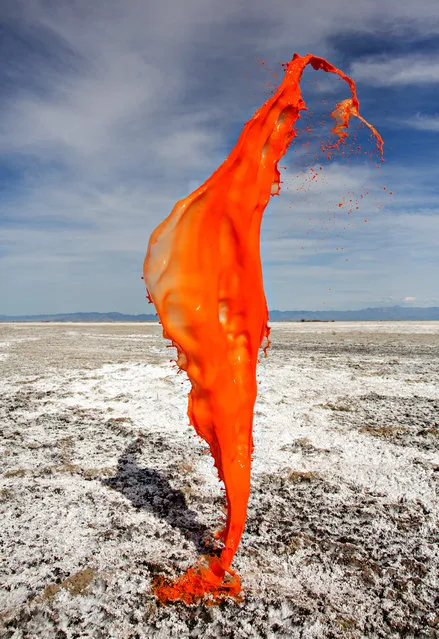With their affinity for hunting, sneaking, and hidden blade-like retractable claw, cats are really the assassins of the animal world. They're not as intimidating when they're kittens dressed up as assassins from the upcoming Assassin's Creed Unity, but what they lack in deadliness they more than make up for in cuteness. YouTube user Mr.TVCow posted the video, in which four hooded kittens hunt down a french soldier, much like like in a number of trailers for Assassin's Creed Unity. They use their eagle vision ability, parkour after their target, and perform lethal aerial assassinations, and yes, it's as unbearably adorable as it sounds.
